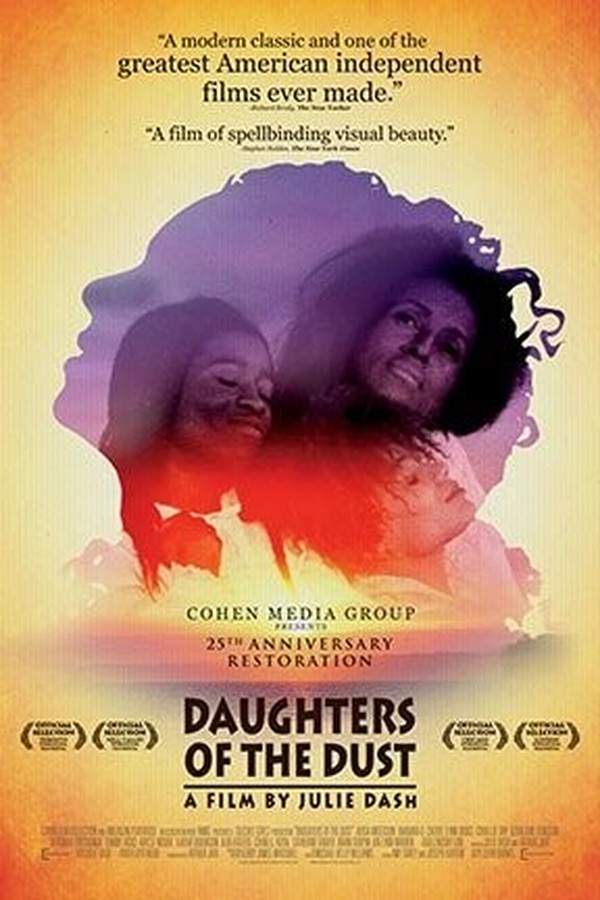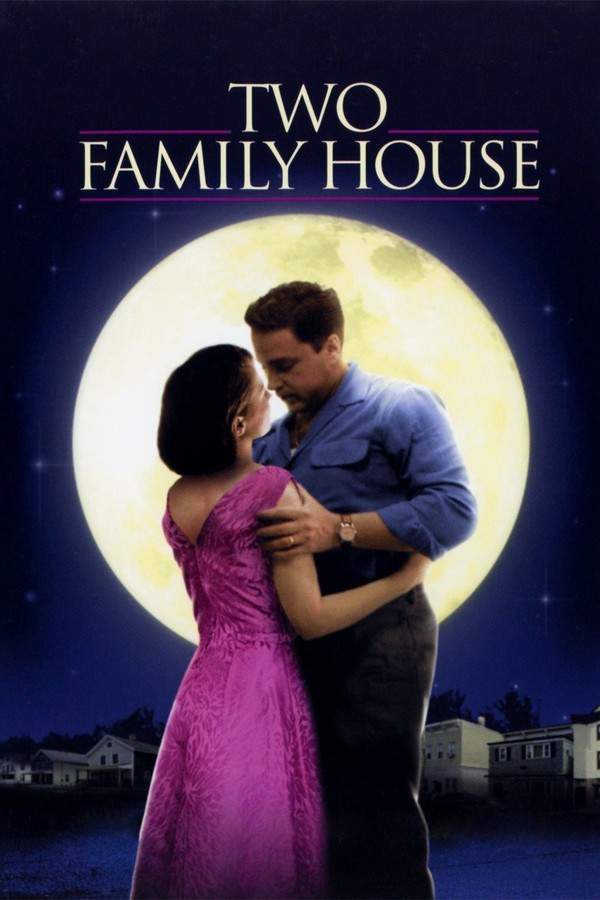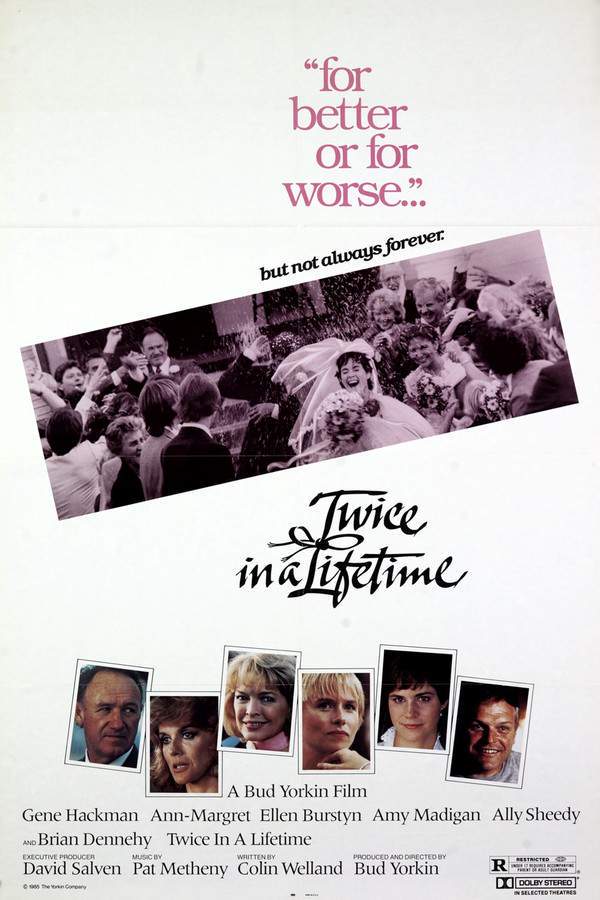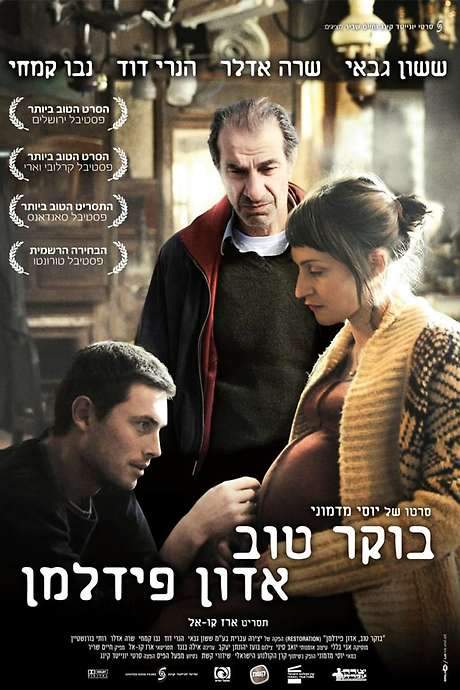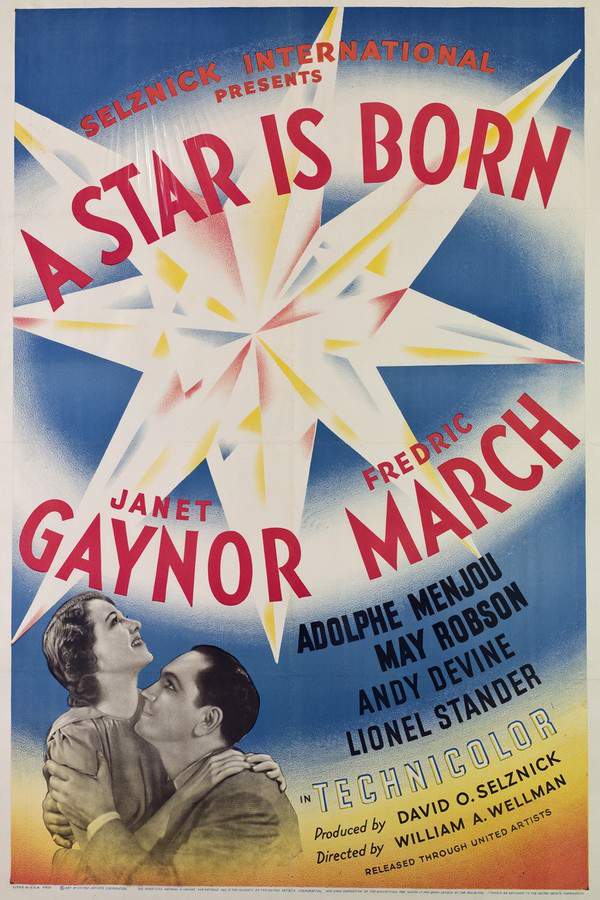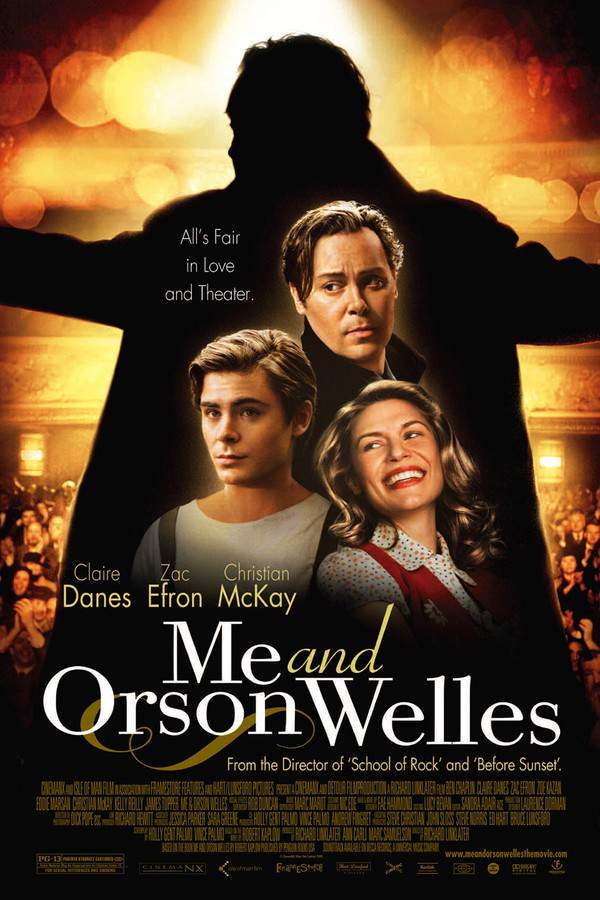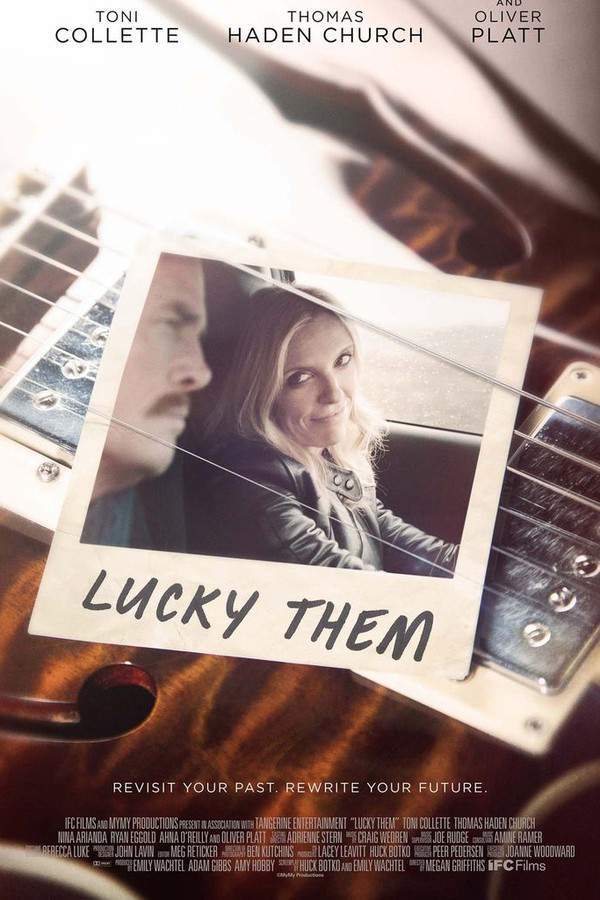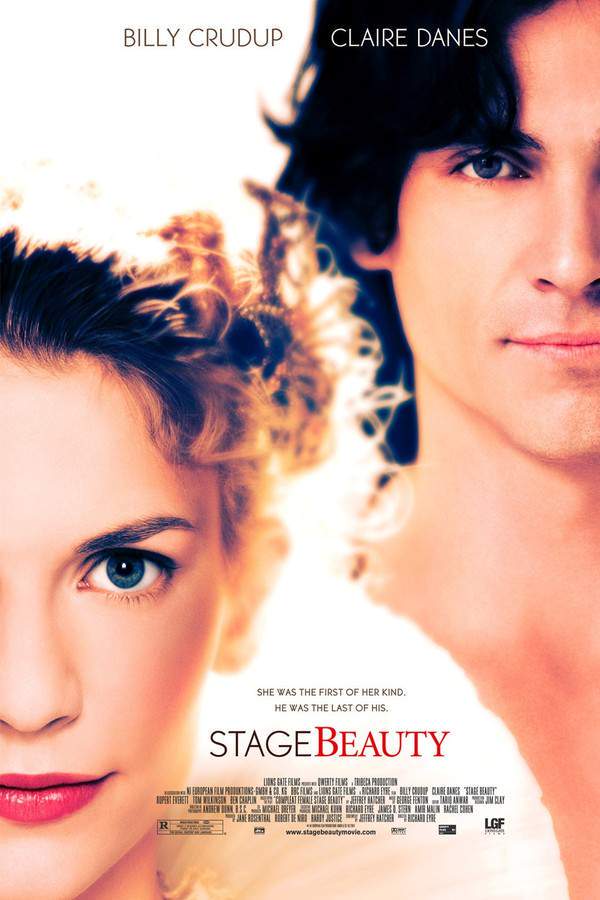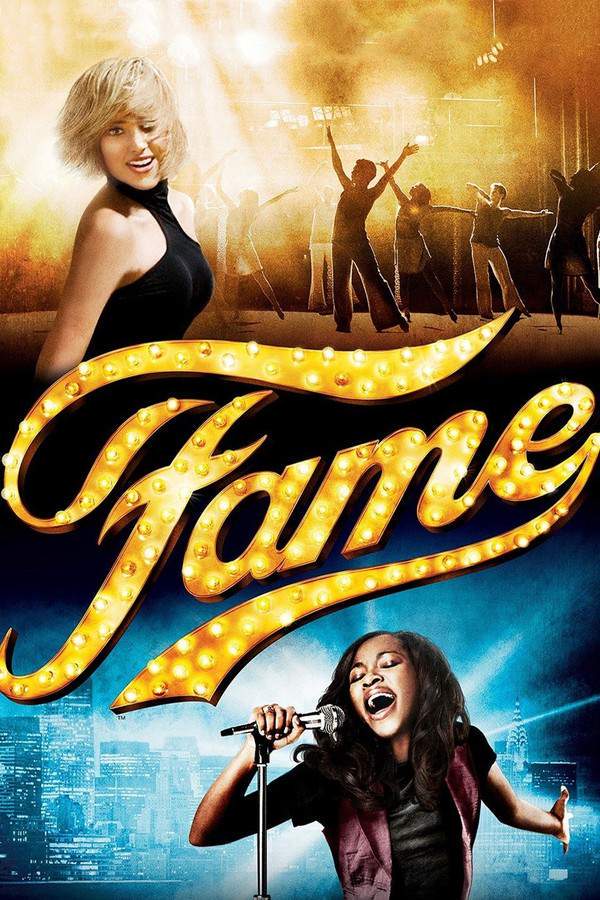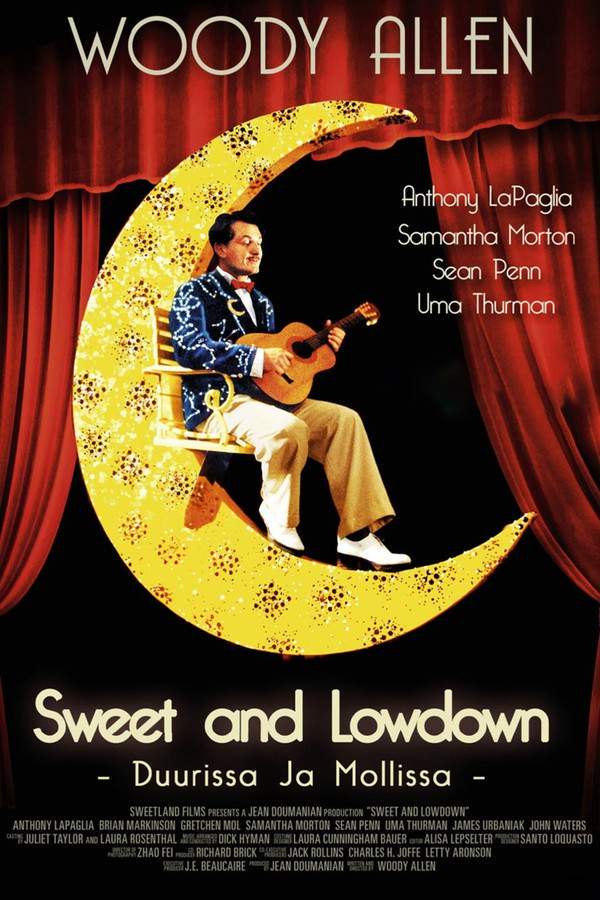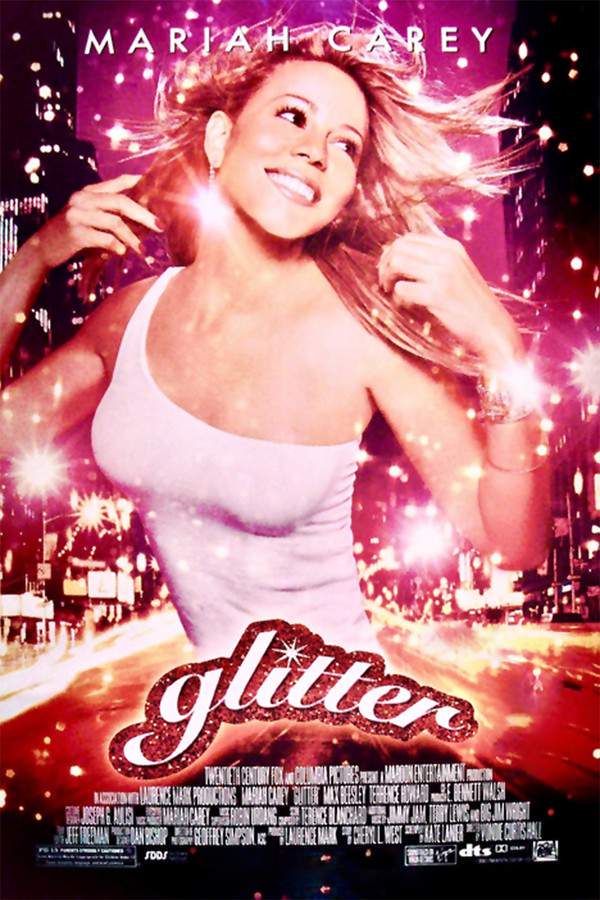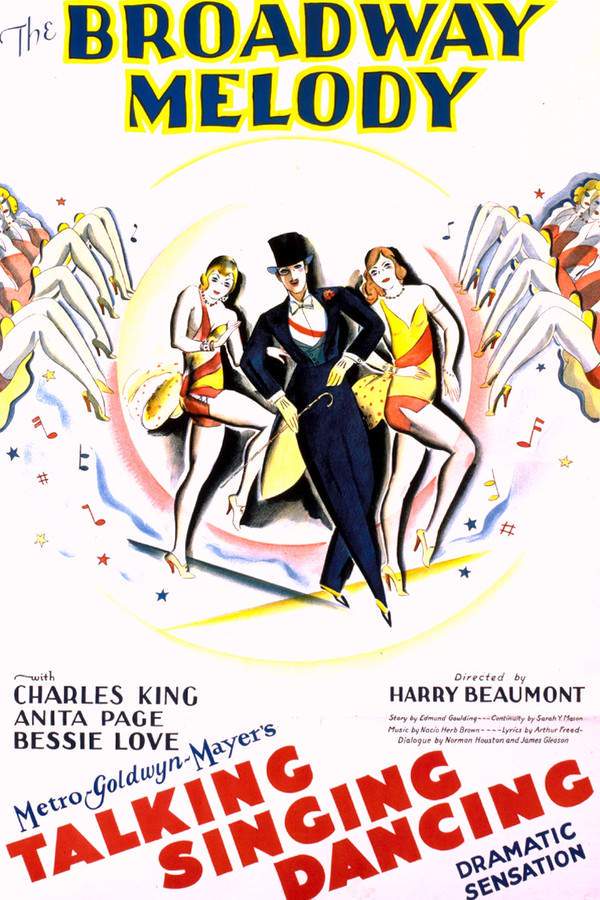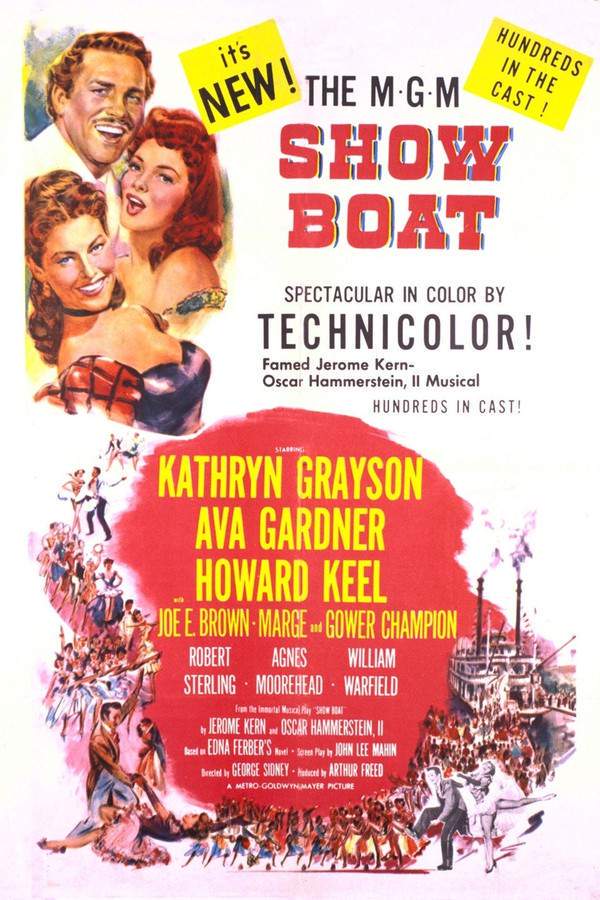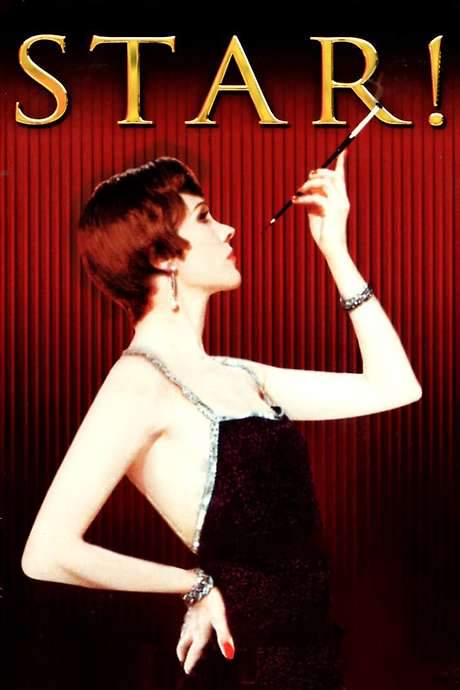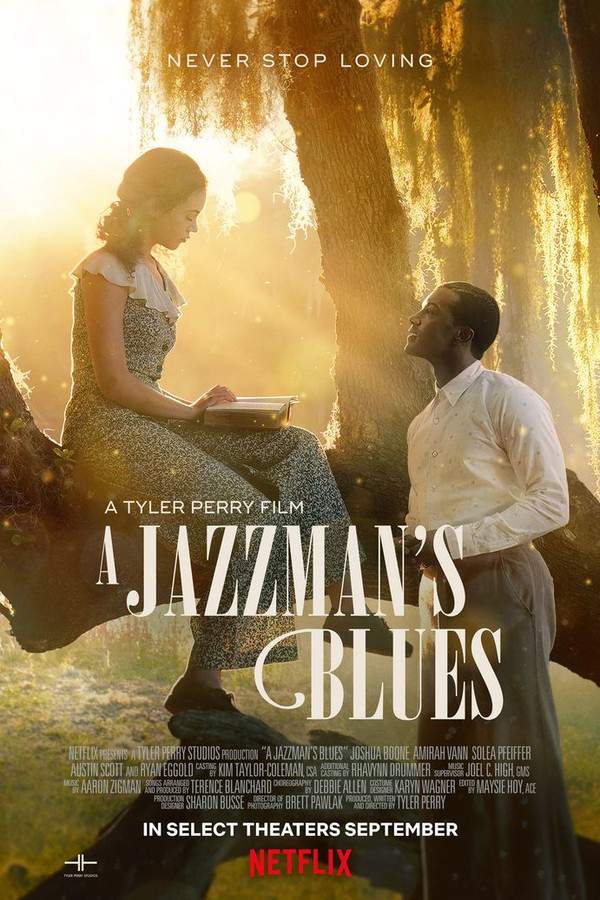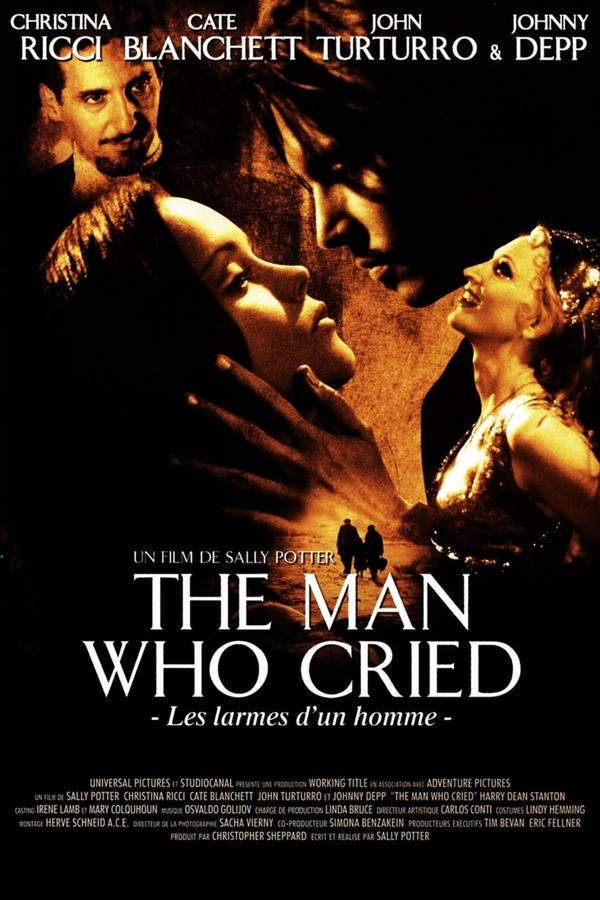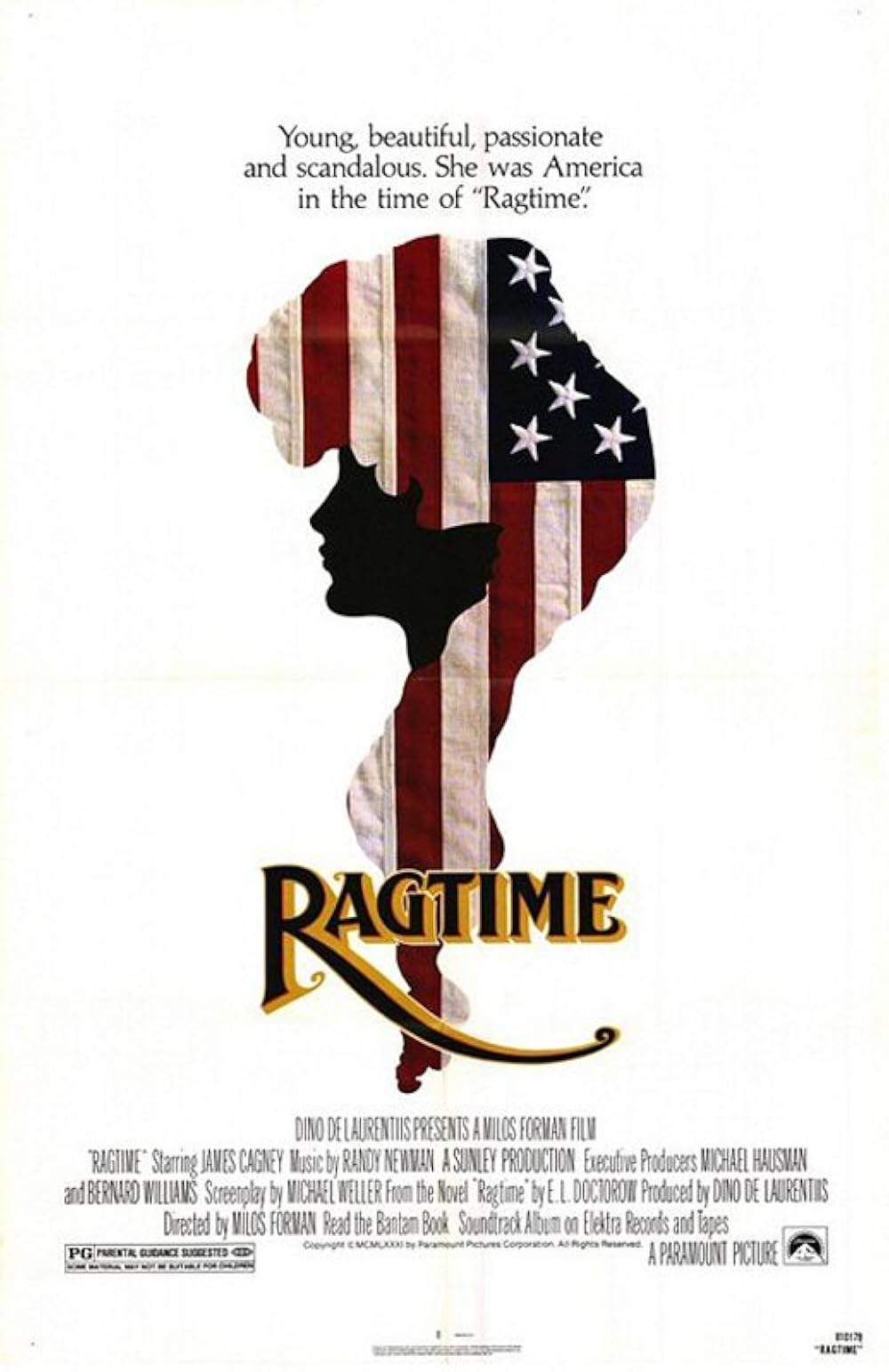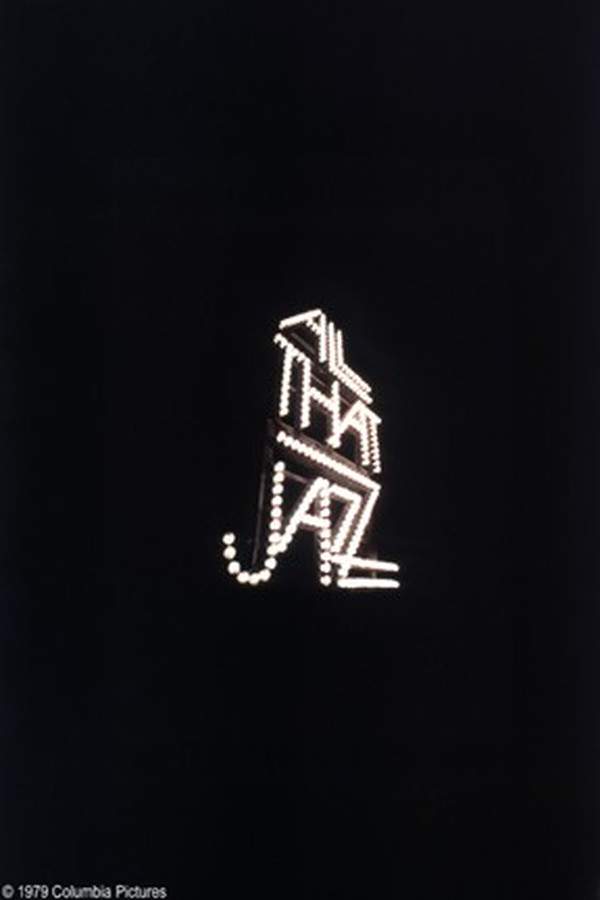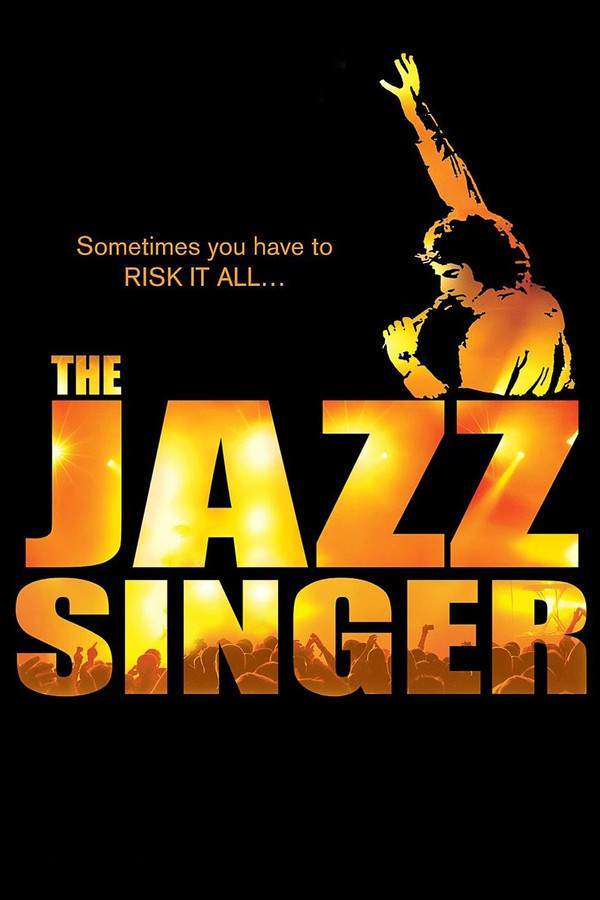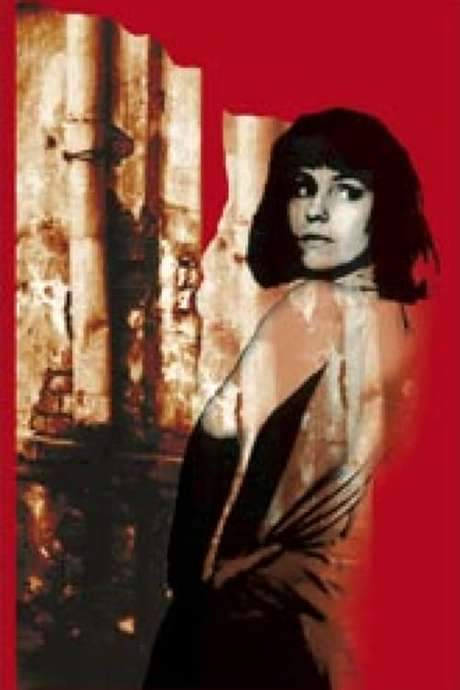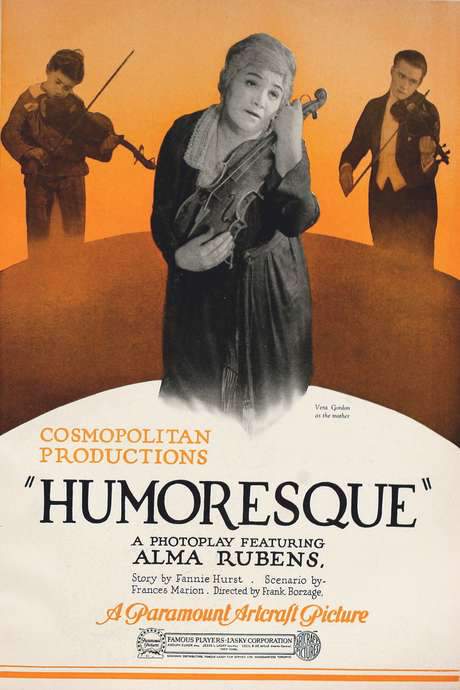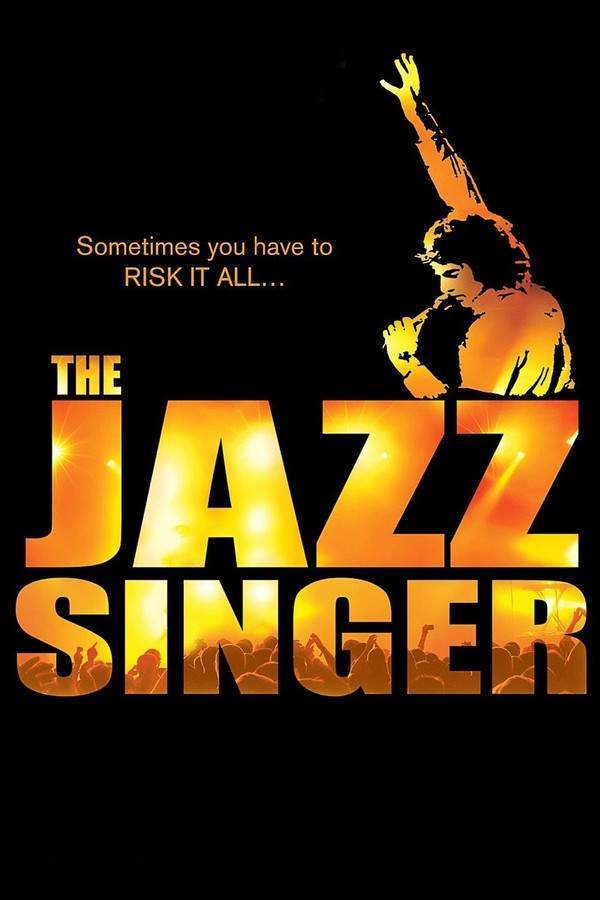
The Jazz Singer
Year: 1927
Runtime: 88 min
Language: english
Director: Alan Crosland
A young performer defies his family’s wishes to pursue a career as a jazz singer, a path that clashes with their traditional Jewish values. Torn between his artistic ambitions and his heritage, he struggles to find a balance between honoring his family’s expectations and embracing his modern aspirations. The conflict between tradition and individuality creates a powerful drama as he seeks to reconcile his identity and find his place in a changing world.
Warning: spoilers below!
Haven’t seen The Jazz Singer yet? This summary contains major spoilers. Bookmark the page, watch the movie, and come back for the full breakdown. If you're ready, scroll on and relive the story!
The Jazz Singer (1927) – Full Plot Summary & Ending Explained
Read the complete plot breakdown of The Jazz Singer (1927), including all key story events, major twists, and the ending explained in detail. Discover what really happened—and what it all means.
Cantor Rabinowitz dreams of his son carrying on the time-honored tradition of serving as a cantor in the revered synagogue located in the Jewish ghetto of Manhattan’s Lower East Side. However, life takes an unexpected turn when thirteen-year-old Jakie Rabinowitz chooses to showcase his talent for jazz music at a local beer garden instead. This rebellious act catches the attention of Moisha Yudelson, who promptly informs Jakie’s father about his son’s performance. In a fit of anger, Jakie’s father drags him home, where the boy, terrified, clings to his mother, Sara. The father exclaims vehemently, “I’ll teach him better than to debase the voice God gave him!” In a moment of defiance, Jakie threatens, “If you whip me again, I’ll run away—and never come back!” After enduring the beating, he shares a tender goodbye kiss with his mother before fleeing, staying true to his word.
During a Yom Kippur service, a somber Rabinowitz confides to a fellow worshipper, “My son was to stand at my side and sing tonight - but now I have no son.” As the sacred Kol Nidre resonates through the synagogue, Jakie sneaks home to retrieve a cherished picture of his beloved mother, highlighting the internal conflict between duty and love.
Fast forward approximately a decade, Jakie has adopted the more mainstream name of Jack Robin. In the vibrant atmosphere of a cabaret, Jack is pulled from his table to dazzle the audience with his dynamic stage presence. He captures the attention of the charming Mary Dale, a dancer from the musical theater world. With keen insight, Mary tells Jack, “There are lots of jazz singers, but you have a tear in your voice,” and offers her assistance to help propel his burgeoning career. Under her guidance, Jack secures his major breakthrough with a leading role in the much-anticipated musical April Follies.
Back at the family home he once abandoned, a bereaved Cantor Rabinowitz is seen teaching a young student the traditional art of cantorial singing. When Jack returns in hopes of reconciling, he attempts to express his modern musical outlook. However, his father is horrified and casts him out with the scornful command, “I never want to see you again - you jazz singer!” As Jack departs, his heart heavy with love, he prophesizes, “I came home with a heart full of love, but you don’t want to understand. Some day you’ll understand, the same as Mama does.”
Tragedy strikes just two weeks after Jack’s expulsion, as his father falls gravely ill just before the open night of April Follies on Broadway. Jack faces the heartbreaking decision of whether to fulfill his duty to his family and perform the Kol Nidre in his father’s absence or attend the premiere of his show. On the eve of Yom Kippur, Yudleson informs the Jewish elders, “For the first time, we have no Cantor on the Day of Atonement.” From his sickbed, Cantor Rabinowitz confides with a frail voice to Sara, expressing his inability to fulfill the sacred tradition: “My son came to me in my dreams—he sang Kol Nidre so beautifully. If he would only sing like that tonight—surely he would be forgiven.”
As Jack preps for a dress rehearsal, slathering on blackface makeup, he and Mary discuss the compelling pressures of career versus family obligations. Just then, Sara and Yudleson arrive at Jack’s dressing room, urging him to sing in place of his ailing father. Caught in a whirlwind of emotion, Jack performs his blackface number, “Mother of Mine, I Still Have You,” which causes a flood of tears for Sara as she realizes her son has found his rightful place on stage: “Here he belongs. If God wanted him in His house, He would have kept him there. He’s not my boy anymore—he belongs to the whole world now.”
Shortly thereafter, Jack returns to the Rabinowitz home, kneeling by his father’s bedside for a heartfelt exchange: “My son—I love you.” Sara proposes that Jack’s performance at the Yom Kippur service may help rejuvenate his father’s health. Meanwhile, Mary shows up with the producer, who ominously warns Jack that failure to attend the opening night performance would ruin his career in Broadway. Jack feels trapped. Mary acidly questions, “Were you lying when you said your career came before everything?” Unsure of his ability to replace his father, Jack laments, “I haven’t sung Kol Nidre since I was a little boy.” Encouraged by his mother, she tells him, “Do what is in your heart, Jakie—if you sing and God is not in your voice—your father will know.” The producer reassures him, “You’re a jazz singer at heart!”
On opening night, the anxious audience learns the show has been canceled. Stepping into the void, Jack ultimately makes the emotional choice to sing the Kol Nidre in place of his father. From the confines of his deathbed, Cantor Rabinowitz listens to the sacred performance and utters his final words of forgiveness: “Mama, we have our son again.” The ethereal spirit of his father appears alongside him in the synagogue, as Mary watches in awe. She recognizes the profound shift within Jack, observing his reconciliation of the jazz singer and his identity as a devout son, “a jazz singer-singing to his God.”
As the seasons change and time passes, Jack emerges as The Jazz Singer, headlining the Winter Garden theater, clearly set to be the star of a show entitled Back Room. In a poignant full-circle moment, his mother and Yudleson sit in the front row, witnessing Jack—dressed in blackface—perform “My Mammy,” not only for her but for the world, a resounding testament to love, identity, and acceptance.
Last Updated: January 19, 2025 at 18:49
Explore Movie Threads
Discover curated groups of movies connected by mood, themes, and story style. Browse collections built around emotion, atmosphere, and narrative focus to easily find films that match what you feel like watching right now.
Dramas about Tradition vs Ambition like The Jazz Singer
Characters caught in the emotional crossfire of family duty and personal dreams.If you liked The Jazz Singer's story of a son torn between his family's expectations and his own aspirations, you'll appreciate these movies about tradition clashing with modernity. This section features dramas and character studies where protagonists must navigate the difficult path between honoring their heritage and pursuing their dreams.
Narrative Summary
The narrative typically follows a protagonist who feels suffocated by the rigid expectations of their family or community. Their journey involves rebellion, internal conflict, and often a climactic point of confrontation, leading to a resolution that is rarely a clear victory but more a complex, bittersweet understanding of their dual identity.
Why These Movies?
Movies are grouped here based on their shared focus on the central theme of 'tradition versus modernity' and the intense, personal father-son or family conflicts that arise from it. They share a steady, character-driven pacing and a consistently bittersweet emotional tone.
Bittersweet Stories of Show Business like The Jazz Singer
Stories where artistic success comes with a profound personal cost.Fans of The Jazz Singer who were moved by its portrayal of the price of fame will find more compelling stories here. Discover movies about musicians, actors, and artists whose rise to stardom is intertwined with personal loss and emotional conflict, leading to a bittersweet sense of accomplishment.
Narrative Summary
The plot follows an artist's struggle to achieve their dreams in the entertainment industry. Their success is hard-won, but the narrative emphasizes what is lost along the way—often family approval, innocence, or a crucial relationship. The ending acknowledges the achievement but mourns the cost, creating a complex emotional response.
Why These Movies?
These movies share a specific narrative arc where artistic ambition is central, but the emotional core is the bittersweet trade-off between success and personal happiness. They consistently blend a dramatic tone with a steady pace and a medium intensity focused on character-driven conflict.
Unlock the Full Story of The Jazz Singer
Don't stop at just watching — explore The Jazz Singer in full detail. From the complete plot summary and scene-by-scene timeline to character breakdowns, thematic analysis, and a deep dive into the ending — every page helps you truly understand what The Jazz Singer is all about. Plus, discover what's next after the movie.
The Jazz Singer Timeline
Track the full timeline of The Jazz Singer with every major event arranged chronologically. Perfect for decoding non-linear storytelling, flashbacks, or parallel narratives with a clear scene-by-scene breakdown.

Characters, Settings & Themes in The Jazz Singer
Discover the characters, locations, and core themes that shape The Jazz Singer. Get insights into symbolic elements, setting significance, and deeper narrative meaning — ideal for thematic analysis and movie breakdowns.

The Jazz Singer Spoiler-Free Summary
Get a quick, spoiler-free overview of The Jazz Singer that covers the main plot points and key details without revealing any major twists or spoilers. Perfect for those who want to know what to expect before diving in.

More About The Jazz Singer
Visit What's After the Movie to explore more about The Jazz Singer: box office results, cast and crew info, production details, post-credit scenes, and external links — all in one place for movie fans and researchers.

Similar Movies to The Jazz Singer
Discover movies like The Jazz Singer that share similar genres, themes, and storytelling elements. Whether you’re drawn to the atmosphere, character arcs, or plot structure, these curated recommendations will help you explore more films you’ll love.
Explore More About Movie The Jazz Singer
The Jazz Singer (1927) Scene-by-Scene Movie Timeline
The Jazz Singer (1927) Movie Characters, Themes & Settings
The Jazz Singer (1927) Spoiler-Free Summary & Key Flow
Movies Like The Jazz Singer – Similar Titles You’ll Enjoy
New York, New York (1977) Movie Recap & Themes
A Jazzman's Blues (2022) Spoiler-Packed Plot Recap
The Man Who Cried (2001) Plot Summary & Ending Explained
Ragtime (1981) Complete Plot Breakdown
All That Jazz (1979) Full Summary & Key Details
The Jazz Singer (1980) Story Summary & Characters
Jazz (1992) Ending Explained & Film Insights
And All That Jazz (1984) Spoiler-Packed Plot Recap
King of Jazz (1930) Spoiler-Packed Plot Recap
The Jazz Singer (1952) Detailed Story Recap
Humoresque (1920) Complete Plot Breakdown
Jazz Boy (1958) Plot Summary & Ending Explained
The Singing Blacksmith (1938) Complete Plot Breakdown
The Singing Fool (1928) Full Movie Breakdown
Black and Tan (1929) Film Overview & Timeline

